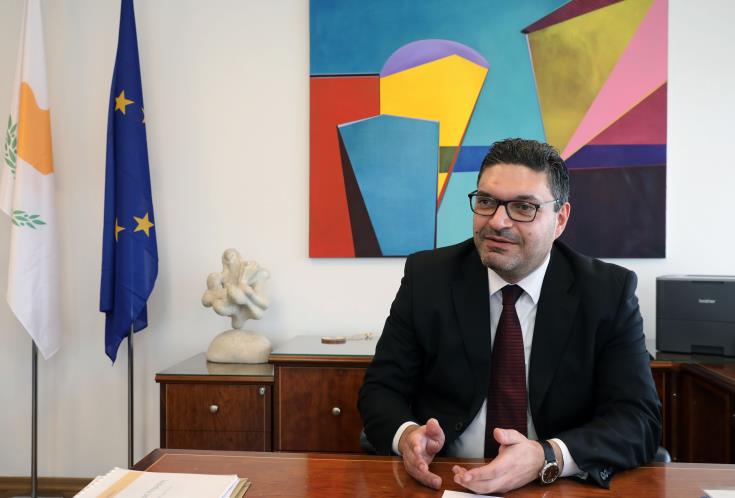Cyprus’ COVID-affected budget 2021 debate begins on Monday in parliament with some opposition MPs threatening to vote against it after the ‘golden passports’ debacle.
Minister of Finance Constantinos Petrides will brief MPs in the House Finance Committee on the state of public finances after the government needed to borrow heavily to support businesses and people in work.
The Cyprus economy has been derailed by the COVID-19 pandemic and revenue streams have also been hit amid controversy after the revelations about abuses of the Cyprus Investment Programme.
Nicosia will scrap its investment programme next month after two senior politicians were caught on camera willing to facilitate a supposed Chinese investor with a criminal record obtain a Cyprus passport.
The scheme has generated €7 bln over its lifespan and revitalised the construction sector.
Petrides will analyse state revenues, fiscal indicators and economic policy with the Cyprus economy expected to contract by around 5.5% GDP this year.
The 2021 budget will be increased from last year by €609 mln or 8.7%, as the government seeks to enhance social safety nets, including emergency measures to support vulnerable groups, employees, and companies.
Petrides has called this is an “emergency budget” as it makes provisions for those affected by COVID-19 restrictions.
According to budget forecasts, there will be a budget deficit for 2020-23 and an increase in public debt as a percentage of GDP in 2020, due to the new economic conditions.
The government predicts revenues of €8,861,318,757 and primary expenditures (excluding loan repayments and interest expenses) of €7,609,847,339, with the primary balance amounting to €1,251,471,418.
According to the data of the Ministry of Finance, the budget of 2021 and the Medium-Term Fiscal Framework (MTF) 2021-2023 were prepared under very difficult circumstances.
The health crisis inevitably affected fiscal data not only in Cyprus but also worldwide.
During 2021-2023, €3.20 bln is expected to be spent on development projects, €4.90 bln on social benefits, €240 mln on e-government projects and €565.4 mln is allocated for business support (implementation of projects).










